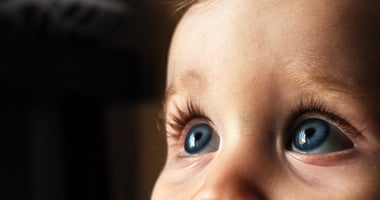Young Kids' Snoring May Presage Problems
 |
There were no effects on the children’s cognitive development. Previous studies suggested that breathing problems can disrupt sleep and interrupt oxygen supply, causing elevated oxidative stress, systemic inflammation, and changes in neural and neurobehavioral functioning, said the researchers. Also, no children in the study who had been breastfed for at least 12 months developed persistent snoring, unlike those breastfed for less than a month or never. The act of breastfeeding may help develop a more robust upper-airway structure, or breast milk may provide immunologic protection against infections that promote snoring, suggested the authors.
Read more about sleep disorders in children in Psychiatric News here.
(Image: Olena Kryzhanovska/Shutterstock.com)





